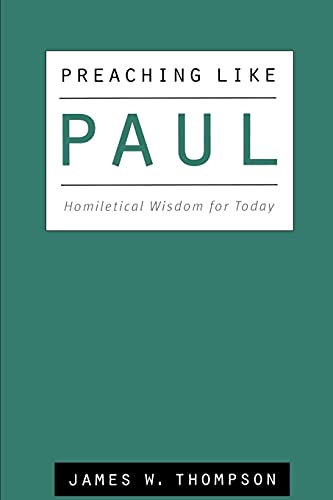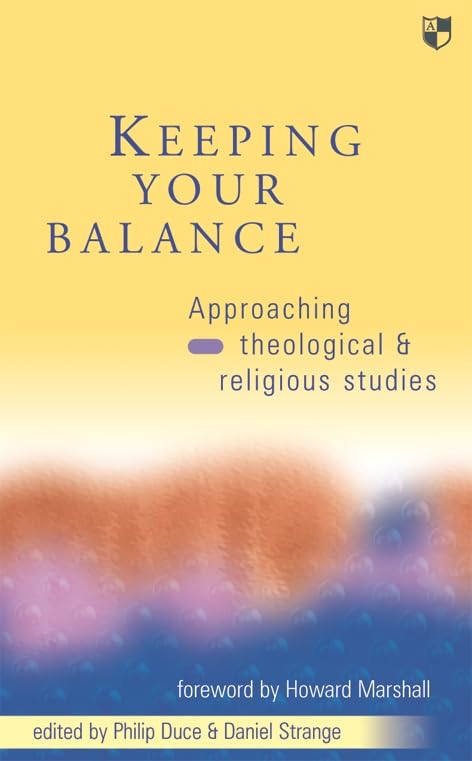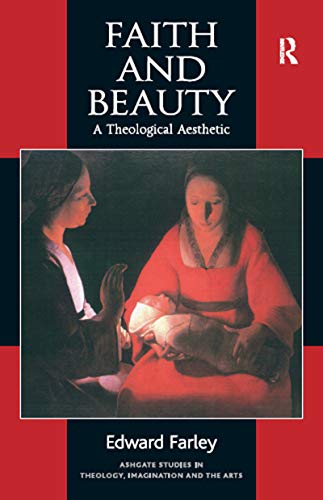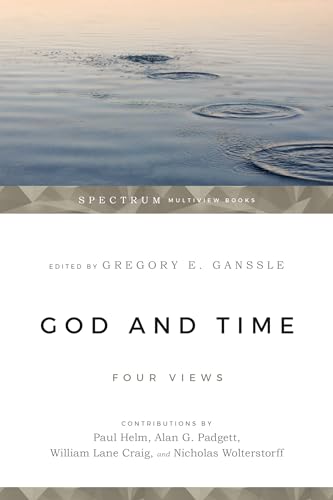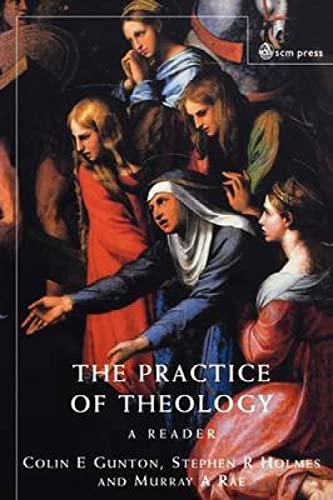CAN WE BELIEVE GENESIS TODAY? THE BIBLE AND THE QUESTIONS OF SCIENCE
Written by Ernest Lucas Reviewed By David KingdonThe first edition of this book, first published in 1989, had a different title—Genesis Today. It has now been revised and enlarged because, in the author’s words, ‘science has moved on in many areas that were touched upon’. Also, there have been some important developments in the Christian debate about the issues that were dealt with (9).
Ernest Lucas, tutor in biblical studies at Bristol Baptist College, England, has doctorates in biochemistry and theology, so he is particularly well qualified to write to his subject.
Dr Lucas begins by looking at the ways in which science looks at the world and then proceeds to explore how it is viewed from the standpoint of Christian faith. He sees them as answering different questions. ‘Science asks, “How has the universe come about?” … Religion asks, “Why is the universe here at all?” Christianity answers in terms of a creator God and his purposes’ (39). He follows this complementarian approach throughout the rest of the book.
As a non-scientist I found his treatment of the limitations of science, helpful particularly in the light of the rampant ‘scientism’ of Richard Dawkins. However, when Dr Lucas states that ‘the methods and terms of the reference of science prevent it from investigating questions of value and meaning’ I am left wondering whether or not he believes that science is value-free, which clearly it is not.
Accepting the inspiration and authority of the Bible, the author, in a very helpful chapter (3), does not dodge the issue as to how the Bible is to be interpreted. He then examines the views of those who take a literal approach to Genesis 1:1–2:3 and rejects their arguments for a young age of the earth. He next discusses concordist approaches before looking at the literary-cultural approach, which he personally seems to favour (see p. 105).
In Chapter 6, Creation, chaos and design, he looks at some important general issues concerning science and religion before, in the final chapter, investigating some of the puzzles in Genesis 2–5.
What do I think of this book? First, it is well written and easy to read. Second, it is eirenical in tone. Third, it is cautious in its assessments, though on occasion perhaps the scientist wins over the biblical scholar. An example occurs at the end of page 83. After mentioning that ‘scientists have not got very far in their attempts to explain how life might have arisen spontaneously on earth’ Dr Lucas states his own position:
My own conclusion is that claims that life could, or must, have arisen spontaneously on earth are at the moment largely no more than statements of faith in an hypothesis that has little scientific evidence to support it.
Why then do scientists not abandon their search for evidence of spontaneous generation? Because the only reasonable alternative is to bow before the Creator of all things.
David Kingdon
Cardiff



